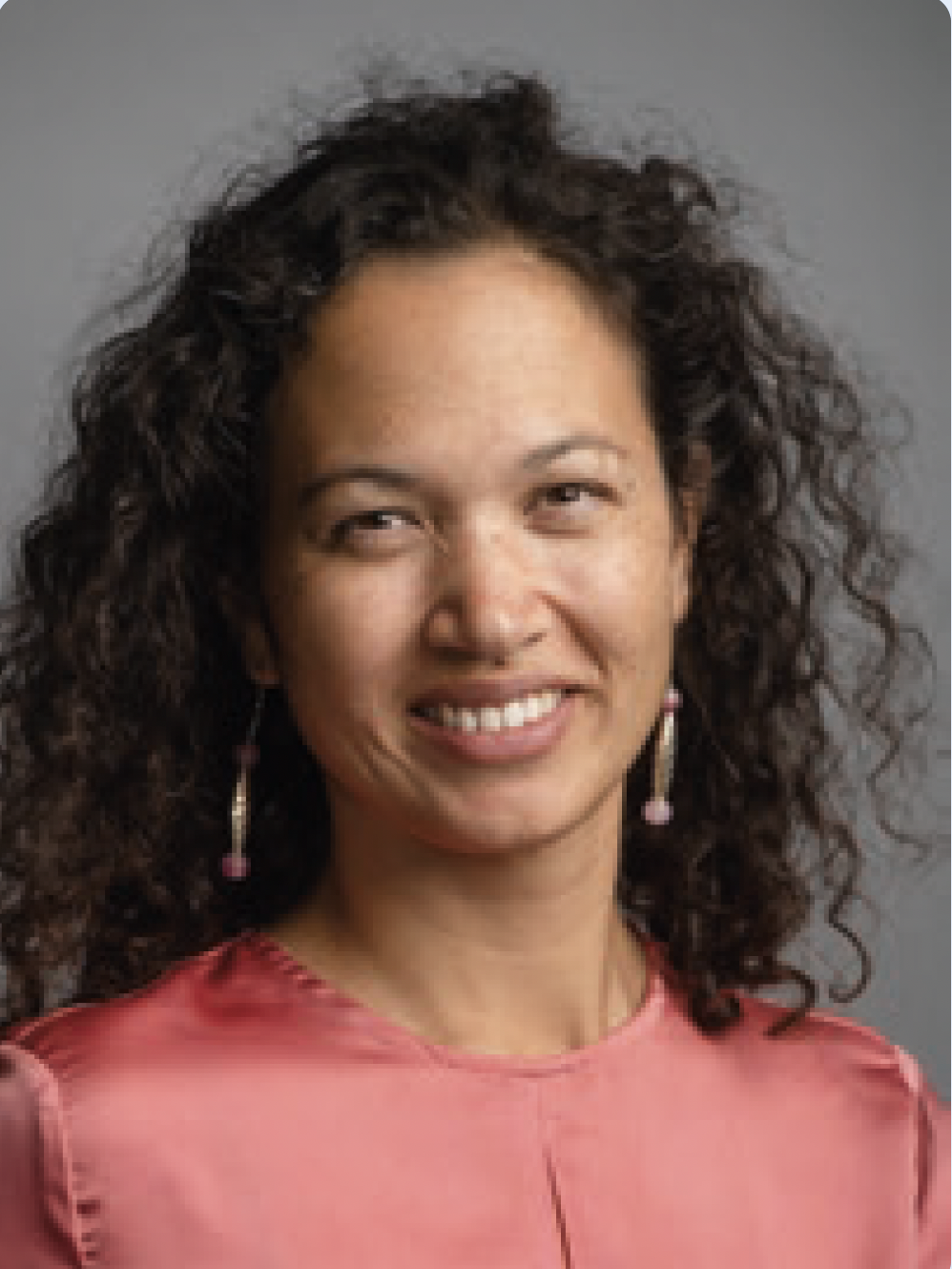The challenges
The use of radioisotopes and nuclear systems in space poses unique safety concerns for spacecraft designers, mission planners, operations personnel, and members of the public. These concerns generally come together for adjudication in government-mandated safety evaluation and launch approval processes. The competing views can be highly contentious and widely publicized, sometimes with data that are mistaken or misleading. Achieving approval to launch these missions requires a mission design, assessment and approval process that is objective and transparent, with generous communication and engagement with all parties who might be affected by the mission.
About the IASSS
The International Association for the Advancement of Space Safety (IAASS) is a professional non-profit organization dedicated to furthering the safety of space operations worldwide. By bringing together experts from industry, academia, and government, IAASS works to improve safety standards, develop guidelines, and share knowledge to ensure that space activities are carried out responsibly and sustainably.
Course Overview
Space nuclear systems (SNS) have been launched into space for over 50 years. The SNS have evolved during this time in an effort to improve their safety and meet the needs of mission planners. The launch approval process has also evolved and with commercial space on the horizon will need to continue to adapt. Ensuring the safety of persons while allowing society to benefit from techno-
logical advancements is a balancing act. The course is intended to provide the participant with an introduction to SNS and associated launch approval processes. The participant will gain an understanding of the design of SNS, the approval process for launch of SNS, hazards associated with a failed launch of SNS, and contingency planning.
What you will learn
• History of SNS use
• Safety and security concerns unique to SNS missions
• Current design and options available to mission planners
• Hardware and mission characteristics that affect SNS mission risk
• Hazards associated with SNS following a launch accident
• Radiological risk assessment
• Launch approval processes and risk communication
• Potential contingency operations
Your Instructors
Amber R. Chang-Armstrong, has over 20 years of experience in launch safety risk analysis, including evaluation of risks asso ciated with inert and explosive debris, toxic effluent dispersion, and distant focusing overpressure. She has provided day of launch support and contingency planning for all types of U.S. launch vehicles including the Space Shuttle, Titan IV, Delta II, Ares I-X, Minotaur, Delta IV, Atlas V, and Falcon. She is the chair of the Launch Abort Working Group for the INSRP for the Mars 2020 mission. She holds a B.S. in Aerospace Engineering and M.S. in Operations Research from the Florida Institute of Technology.
Gregory D. Wyss, Ph.D., has over 35 years of experience in risk assessment and risk management for terrestrial and space nuclear systems. He participated in the risk assessment for the Cassini mission, and has been a member of the Power Systems Working Group for the U.S. Interagency Nuclear Safety Review Panel (INSRP) for the Pluto New Horizons mission, leading that group for the Mars Science Laboratory (“Curiosity”) Mission. He is currently the Technical Lead for the INSRP Space Nuclear Systems Working Group for the Mars 2020 mission. He holds a Ph.D. in Nuclear Engineering from the University of Illinois and is a Fellow of the IAASS.
Join IAASS in shaping safer space missions—find all course information in the official flyer here.


